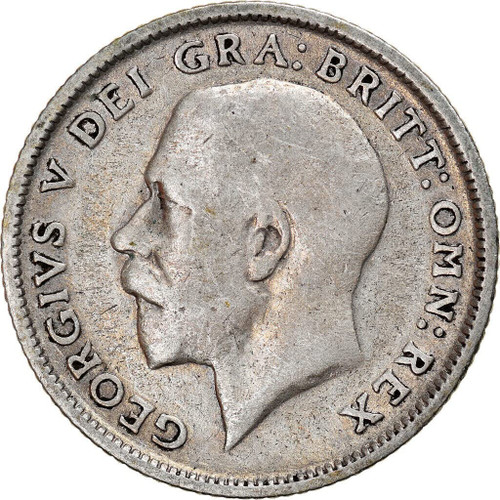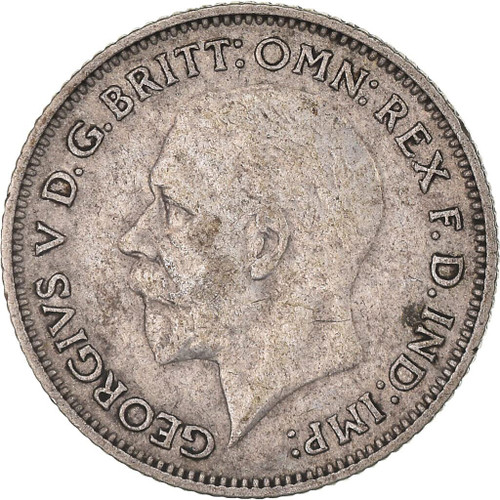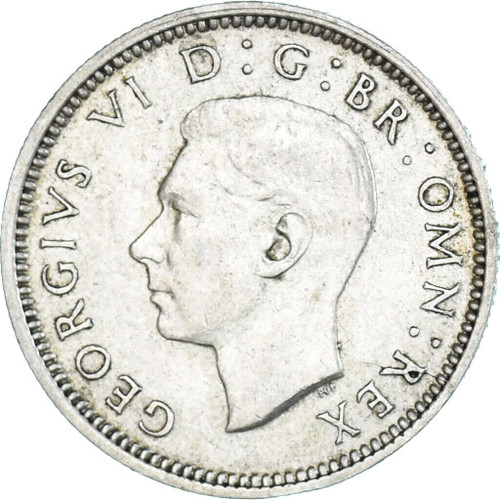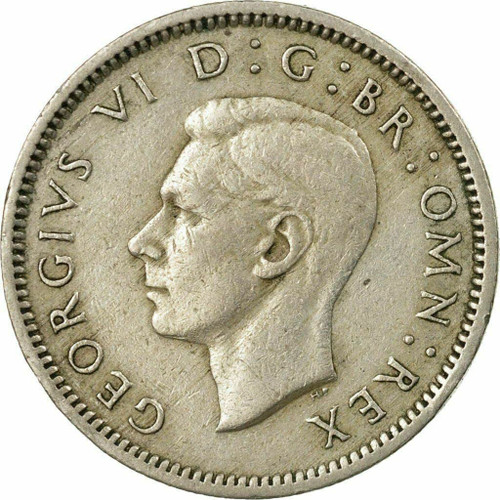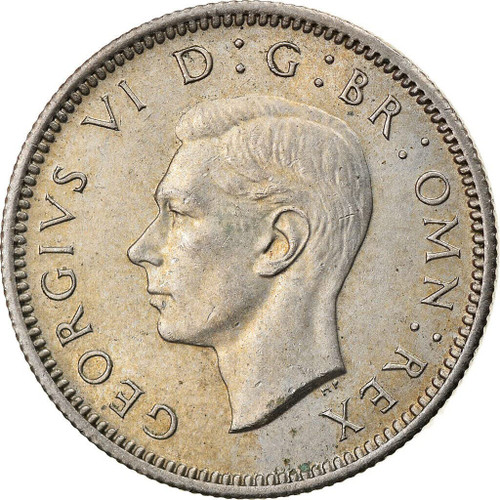George inherited the throne at a politically turbulent time.[52] Lloyd George's People's Budget had been rejected the previous year by the Conservative and Unionist-dominated House of Lords, contrary to the normal convention that the Lords did not veto money bills.[53] Liberal Prime Minister H. H. Asquith had asked the previous king to give an undertaking that he would create sufficient Liberal peers to force the budget through the House. Edward had reluctantly agreed, provided the Lords rejected the budget after two successive general elections. After the January 1910 general election, the Conservative peers allowed the budget, for which the government now had an electoral mandate, to pass without a vote.[54] Gold coin with left-facing profile portrait of George V A George V half-sovereign (Bertram Mackennal, sculptor) Asquith attempted to curtail the power of the Lords through constitutional reforms, which were again blocked by the Upper House. A constitutional conference on the reforms broke down in November 1910 after 21 meetings. Asquith and Lord Crewe, Liberal leader in the Lords, asked George to grant a dissolution, leading to a second general election, and to promise to create sufficient Liberal peers if the Lords blocked the legislation again.[55] If George refused, the Liberal government would otherwise resign, which would have given the appearance that the monarch was taking sides with "the peers against the people" in party politics.[56] The King's two private secretaries, the Liberal Lord Knollys and the Unionist Lord Stamfordham, gave George conflicting advice.[57][58] Knollys advised George to accept the Cabinet's demands, while Stamfordham advised George to accept the resignation.[57] Like his father, George reluctantly agreed to the dissolution and creation of peers, although he felt his ministers had taken advantage of his inexperience to browbeat him.[59] After the December 1910 general election, the Lords let the bill pass on hearing of the
1911 -1927 British Sixpence Silver Coin Issued Under King George V. Politically Turbulent Time For UK. "Six Pence In Her Shoe" Wedding Tradition Coin. Sixpence Graded By Seller Circulated/Worn Condition
Was:
$87.96
Now:
$43.98
- SKU:
- ZDF547374
- Condition:
- New
- Availability:
- Free Shipping from the USA. Estimated 2-4 days delivery.

